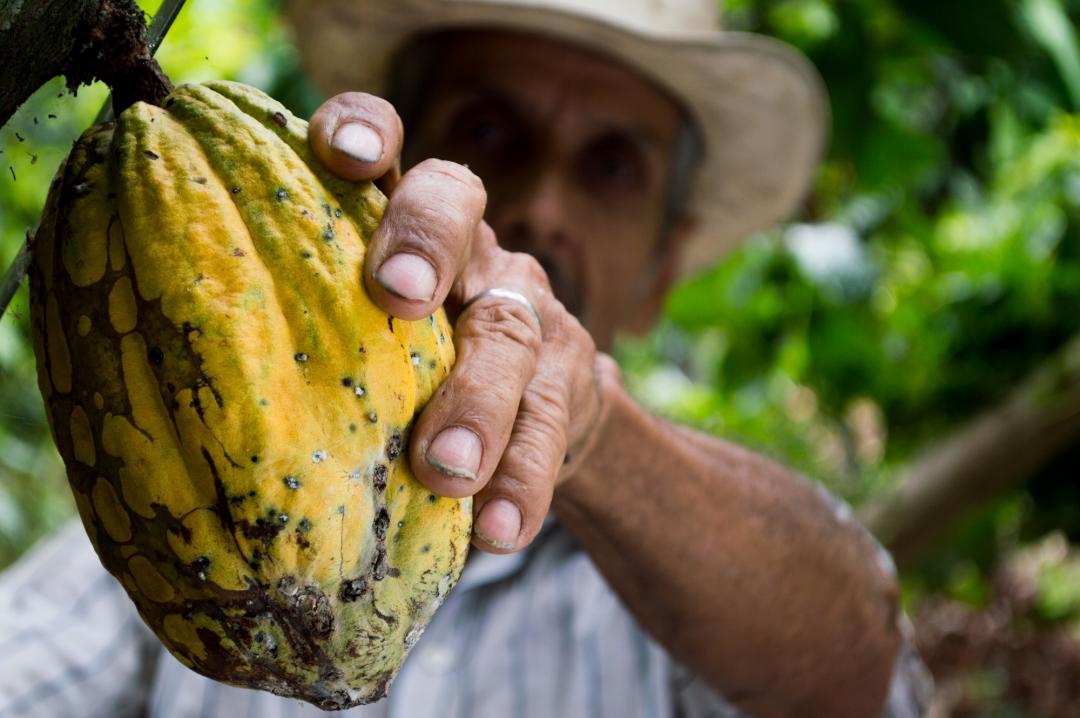5 questions to navigate your way through innovative financing opportunities for inclusive agribusiness
By Valeria Varga and Ezgi Ucaner-Flor (BoP Innovation Center)
In 2017, investors poured over US$ 200bn into companies that combine social and environmental with financial returns. On the one hand, this growing trend offers a huge opportunity for inclusive businesses to grow - on the other hand, it is challenging to navigate through the variety of innovative financing instruments through which this US$200bn is channeled to inclusive business opportunities. As getting innovative financing to inclusive business is still relatively new, iBAN, in partnership with BoP Innovation Center dove into this topic, to come up with a report that offers guidance on 8 financing instruments with example cases from agribusiness and a one-hour webinar building on the outcomes of this report.
There are substantial differences between these financing instruments and it might be challenging to identify the right option for your business. Blended finance, impact investment, agricultural value-chain financing, results-based financing, public-private partnerships, thematic bonds, project finance, crowdfunding - do you know the difference?
5 questions to consider when seeking innovative financing opportunities:
In the report, we describe in depth 8 different financing instruments, with specific case descriptions of its application to inclusive agribusiness. For easier navigation, we also identified the following 5 questions to help you find your way in the jungle of innovating financing for inclusive business:
1. Financing Recipient(s): Do I look for financing as a single company or a consortium of multiple partners?
More and more financiers, especially public financiers, want to stimulate public private partnerships between different partners working on inclusive business, offering attractive financing for partnership, or consortia working on inclusive business. It is therefore interesting to first ask yourself whether you are solely looking for financing for your own business activities, or whether you are working on an inclusive business model on which you could collaborate with other (public) partners?
2. Financing Providers: Do I look for public, private or blended financing?
Answering this question requires some understanding of the potential risks and returns of your investment need versus what is accepted by private financing players. Often in inclusive agribusiness, due to market volatility and uncertainty, financial returns can only be expected in the long term. It might be necessary to raise public funding to take first loss or otherwise de-risk your own investment. This can help reduce the risk and make the investment appealing to private investors.
3. Impact & Measurability: Are the business activities that I want to have financed directly linked to social and environmental impacts, and am I able to measure and report on them?
Certain instruments, such as results-based finance, make payment conditional to achieving, and reporting on, certain social or environmental targets. While obtaining innovative financing through any of these instruments will come with the added burden of due diligence processes and reporting obligations on social and environmental aspects, the financing conditions can sometimes be more appealing than more “conventional” financing possibilities
4. Financing Scale and Type: What ticket size and what type of financing am I looking for?
What is the amount of financing that you seek to realize your inclusive business plan? And do you wish to get a loan, guarantee, equity or any combination of these? While this seems to be the most basic question to consider, for many (especially smaller sized) agribusinesses it is not often that clear. Financing can come in a wide variety of sized and forms: for instance, while financing through crowdsourcing would be usually smaller amounts (maximum several hundred thousand dollars), project financing often goes over $100 million.
5. Investment Term: Do I look for short- or long-term investment?
As with the ticket sizes, timeline of the investment helps determine the type of financing mechanism that should be pursued. While value chain financing may be focusing on the crop cycle (<1 year), PPPs and project financing is usually designed for a long term investments (around 5 years).
Curious to know more? Read the report or watch the webinar!
